What it Means to Be Brave
As a culture, we spend a lot of time thinking about fear. Fear is a primary force behind many of our decisions and lifestyle practices, and people will often spend a great deal of time and money in order to conquer it. As a mental health counselor, I discuss fear a lot, so that I can also help clients accept it, dance with it and, as Rumi states, “learn how to treat the fear that waits at the door as our guest.”
What I’ve been thinking about lately, though, is the relationship we have with our courage. Courage has come to mean a great many things that do not necessarily line-up with everyday life for most people.
For example, someone can be considered very brave when they decide to train for an iron man, sail around the world, or back-pack alone through South America. That’s when bravery means making some very BIG things happen in life. Things most of us would never even consider doing, let alone have the time or resource to complete.
What then, does that say about the everyday variety of bravery? Do we have to be stellar to be brave? Do we have to undertake something awesome and epic in order to have courage? Or can we claim bravery as something much more personal, something that for us, may be no less awesome, epic or stellar, however commonplace it might appear to the world.
For example, massive courage is required for someone with social phobia to join a sorority, or someone with PTSD and a history of trauma to enter an intimate relationship. Someone who’s been raising children and out of the workforce for years must be incredibly brave when they have to return to work and keep step with their colleagues. The bravery list goes on and on. Just fill in the blank of whatever internal obstacle may exist and suddenly the commonplace is elevated, rising to a status that is both grand, and brave as an Everest expedition.
Everyday bravery gets overlooked for many reasons. Perhaps it’s just too uncomfortable to think of oneself as brave. Like an oversized shirt that really should belong to someone else; bravery doesn’t always align with our self-concept. Especially when we stop to consider the vulnerability we possess. Courage can feel like a five-year-old trying to play basketball for the NBA, when vulnerability and fear are the all-star players who have been in the game a lot longer. Bravery hardly stands a chance, but that doesn’t mean it’s not there. And it doesn’t mean it can’t make a basket if given half a chance.
For young people, bravery will have its own unique texture and flavor. Whether it be the experience of coming out for a queer teen, or standing up for a friend when there’s risk of being ostracized by peers, these acts of courage help teenagers grow into the best version of themselves, and are worthy of praise. Because when we do the right thing even though we’re scared, we learn we have grit and determination. Just like that feisty five-year-old on the basketball court, racing like mad to get those two points. Making a basket may be the ultimate goal, but being in the game is where courage starts.

